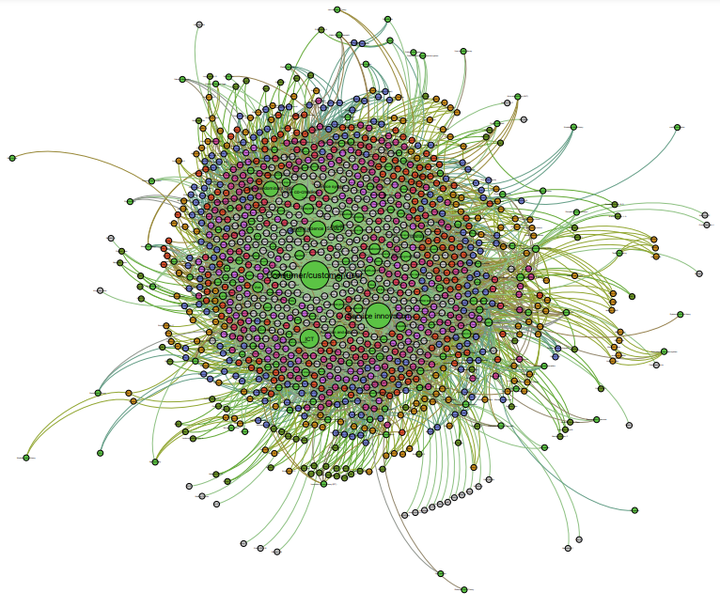From service logics, institutional pluralism and complexity to service system innovation? How are evolving innovation topics ?
 Image credit: Author
Image credit: Author
Abstract
This paper analyses the different ways in which service logics, service systems and service innovation have been conceptualised in the literature, to provide a pluralistic and inclusive research framework. The author performed eight iterations of a ten-step methodological process combining quantitative and qualitative methods based on text mining, network analysis and grounded theory analysis. This process captured the latent innovation research themes, theories and authors over time. The cleaned corpus allowed us to examine 796 English articles, published in 277 refereed journals, indexed in WoS and Scopus, which synthesises the intellectual structure of research in innovation between 1986 and 2015. Based on quantitative analyses and qualitative, this article offers several contributions. For example, from a methodological point of view, the paper proposes a ten-step approach for the quantitative-qualitative analysis of an intellectual structure and a research community. From a conceptual point of view, this research highlights 1) a longitudinal view of innovation, service logics and the intellectual and conceptual structures of service systems with subjects, theories, authors and communities of research over time; 2) an integration framework highlighting at the individual and organisational levels a new perspective of service research based on the pluralism of service logics, the complexity and coexistence of service logics, beyond a service logic dominant (SDL). The paper ends with five future research directions for the design of service systems research based on the coexistence of service logics and institutional pluralism. A mixed research design based on the coexistence of service logics could be used to gain complementary points of view, to address related aspects, to broaden the understanding obtained in a previous SDL strand, and to get divergent interpretations of the transformation of a service system.